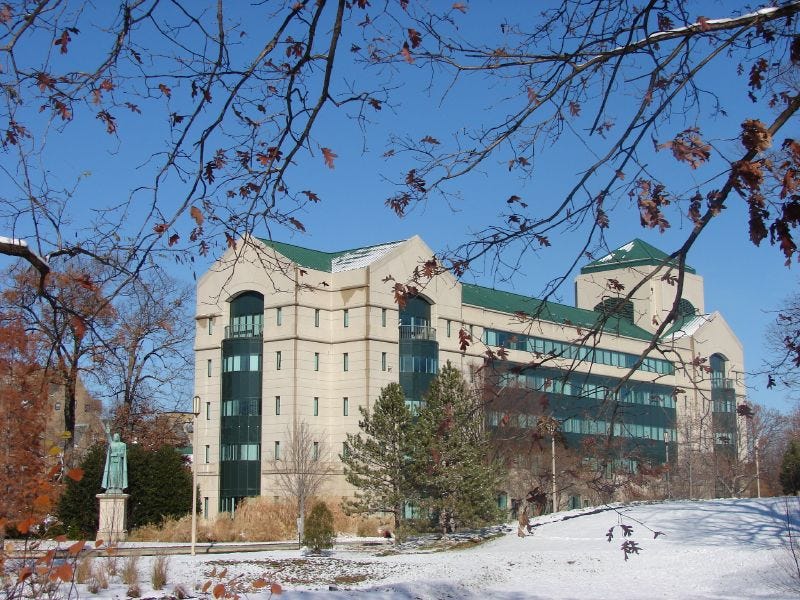CCHD head resigns; program facing financial woes
The USCCB's anti-poverty program has seen its available assets decline sharply
The director of the USCCB’s Catholic Campaign for Human Development resigned this month, as anti-poverty program faces questions regarding its financial management and ongoing viability.
Ralph McCloud, who began leading the CCHD in 2008, resigned earlier this month, USCCB spokesperson Chieko Noguchi confi…

